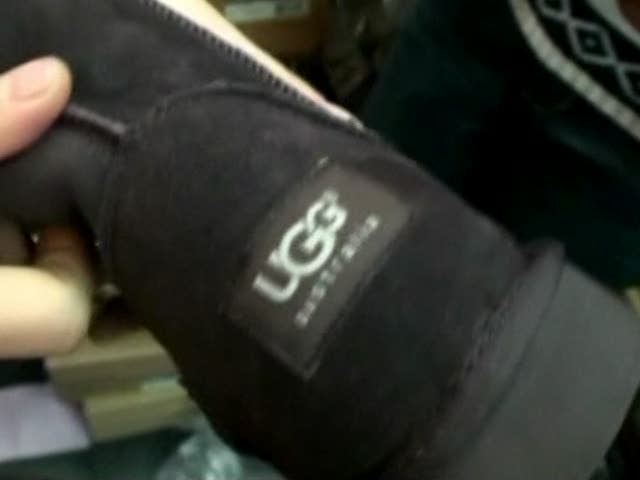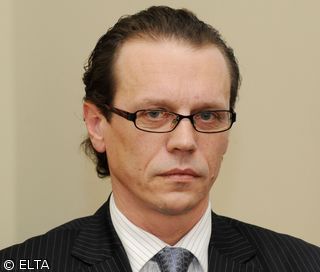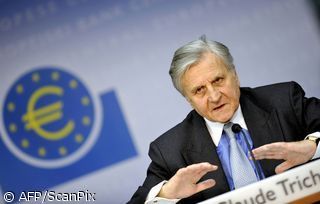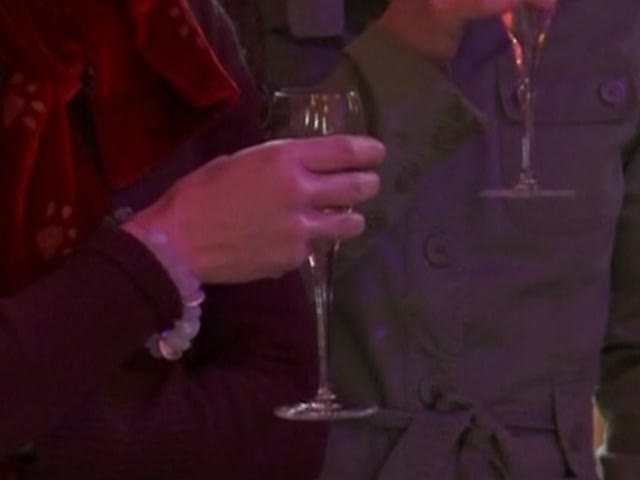OLAF and Europol strengthen cooperation in combating financial crime
Published:
9 April 2004 y., Friday
OLAF - The European Anti-fraud Office - and Europol - the European Police Office - shall sign an administrative arrangement putting in place the modalities for their practical co-operation.
Mr Jürgen Storbeck, Europol's Director and Mr Franz-Hermann Brüner, Director General of OLAF shall tomorrow, in Brussels, sign an administrative arrangement regarding co-operation between Europol and OLAF in order to fight fraud, corruption or any other criminal offence or illegal activity in the framework of international organised crime affecting the European Community's financial interests.
In order to step up the fight against fraud, corruption and any other illegal activity affecting the financial interests of the European Community, the European Anti-Fraud Office established by Commission Decision 1999/352/EC, ECSC, Euratom exercises the powers of investigation conferred on the Commission by the Community rules and Regulations and agreements in force in those areas.
The Office provides the Member States with assistance from the Commission in organising close and regular cooperation between their competent authorities in order to coordinate their activities for the purpose of protecting the European Community's financial interests against fraud.
The Treaty of the European Union mentions (art. 29 and 30) Europol as an important instrument of the Union's efforts to prevent and fight against organised crime in order to achieve the objective of providing its citizens with a high level of safety within an area of freedom, security and justice. Europol aims to improve the effectiveness and co operation between the competent authorities of the Member States in preventing and combating serious international organised crime. The mission of Europol is to make a significant contribution to the European Union's law enforcement action against organised crime, with an emphasis on targeting criminal organisations.
Based in The Hague, The Netherlands, Europol started limited operations on 3 January 1994 in the form of the Europol Drugs Unit (EDU) fighting against drugs. The Europol Convention was ratified by all Member States and came into force on 1 October 1998. Following a number of legal acts related to the Convention, Europol commenced its full activities on 1 July 1999.
Šaltinis:
europa.eu.int
Copying, publishing, announcing any information from the News.lt portal without written permission of News.lt editorial office is prohibited.
The most popular articles
 Today, the Commission published a Communication which outlines the most serious tax problems that EU citizens face in cross-border situations and announces plans for solutions.
more »
Today, the Commission published a Communication which outlines the most serious tax problems that EU citizens face in cross-border situations and announces plans for solutions.
more »
 The European Commission has opened a formal investigation under EU state aid rules to examine a number of support measures, including several capital injections and shareholder loans, that the Hungarian authorities granted to Malév-Hungarian Airlines in the context of its privatisation and subsequent renationalisation.
more »
The European Commission has opened a formal investigation under EU state aid rules to examine a number of support measures, including several capital injections and shareholder loans, that the Hungarian authorities granted to Malév-Hungarian Airlines in the context of its privatisation and subsequent renationalisation.
more »
 Internet and lax customs enforcement drive growth of 600 billion US dollar counterfeit goods industry.
more »
Internet and lax customs enforcement drive growth of 600 billion US dollar counterfeit goods industry.
more »
 350 million people rose out of poverty in the past decade, but 1.4 billion are still extremely poor, says the latest report into rural poverty.
more »
350 million people rose out of poverty in the past decade, but 1.4 billion are still extremely poor, says the latest report into rural poverty.
more »
 New plan sets out action to reach 75% employment target for the EU by 2020.
more »
New plan sets out action to reach 75% employment target for the EU by 2020.
more »
 Research Ministers of the EU Member States and Associated Countries, together with the European Commission, are announcing in Brussels today three new pan–European energy research infrastructures.
more »
Research Ministers of the EU Member States and Associated Countries, together with the European Commission, are announcing in Brussels today three new pan–European energy research infrastructures.
more »
 Algirdas Šemeta, Commissioner for Taxation, Customs, Audit and Anti-fraud, is visiting Moscow today to discuss ways in which customs cooperation between the EU and Russia can be reinforced.
more »
Algirdas Šemeta, Commissioner for Taxation, Customs, Audit and Anti-fraud, is visiting Moscow today to discuss ways in which customs cooperation between the EU and Russia can be reinforced.
more »
 Following on from Monday's debate with ECB President Jean-Claude Trichet, MEPs on Tuesday adopted a resolution, by a show of hands, gauging the ECB's performance in 2009 and suggesting actions to be taken in view of the economic situation.
more »
Following on from Monday's debate with ECB President Jean-Claude Trichet, MEPs on Tuesday adopted a resolution, by a show of hands, gauging the ECB's performance in 2009 and suggesting actions to be taken in view of the economic situation.
more »
 The European Parliament today approved €10.5 million in European Globalisation Adjustment Fund aid to over 3,000 people in the Netherlands who lost their printing and publishing sector jobs last year, due to the economic crisis.
more »
The European Parliament today approved €10.5 million in European Globalisation Adjustment Fund aid to over 3,000 people in the Netherlands who lost their printing and publishing sector jobs last year, due to the economic crisis.
more »
 A diamond-studded gold coin engraved with a picture of the Taj Mahal and worth 100,000 euros is unveiled at the Paris mint.
more »
A diamond-studded gold coin engraved with a picture of the Taj Mahal and worth 100,000 euros is unveiled at the Paris mint.
more »